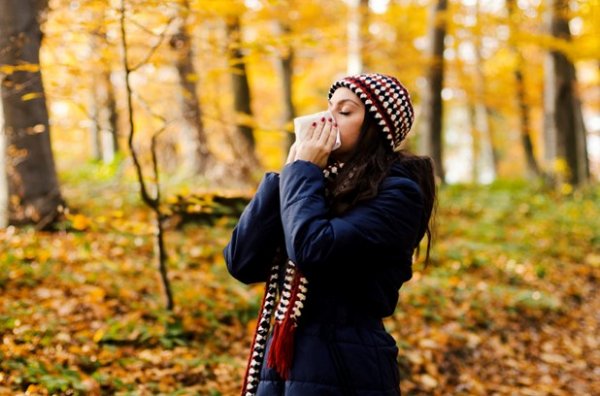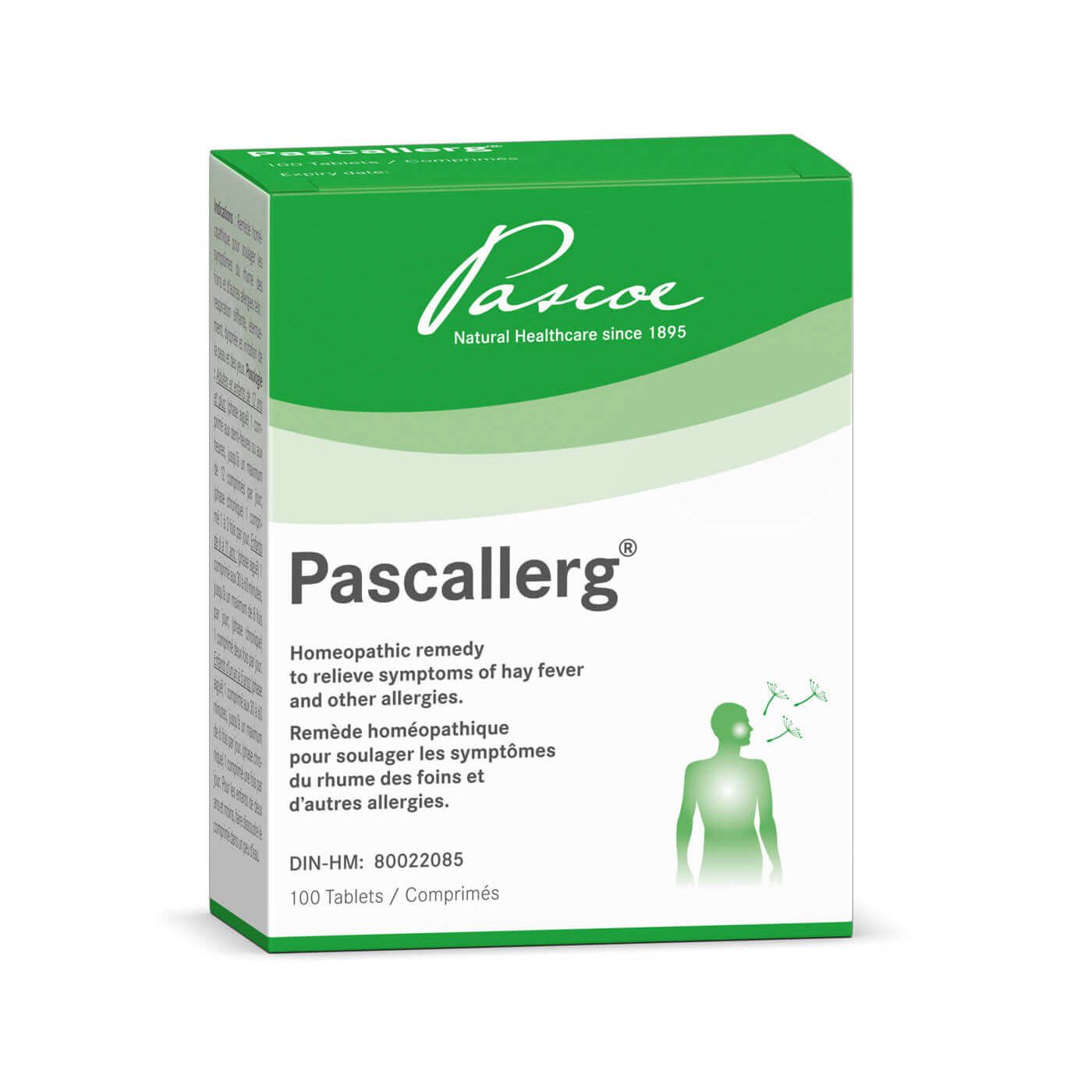What Causes Your Fall Allergies?
As the seasons change and the weather stirs up leaves, dust, and pollen, our seasonal allergies can rear their ugly head. In the fall, we often have increased sensitivities to ragweed, mold, and dust mites.
If you’re someone who gets them, it is a great time for your annual allergy shot. If however, you prefer a natural approach to asthma and allergies, there are several ways to strengthen the immune system in preparation for the changing seasons.
As a shoulder season, we get a mix of indoor and outdoor allergies cropping up this time of year. Allergy symptoms range from sneezing, itchy throat, watery eyes, congestion, coughs, and headaches, to fatigue, rashes and shortness of breath. While we want to avoid being cooped up indoors just yet, but the weather outside is turning cooler, we want to find balance between the two so that we make the most of the in-between seasons, while also effectively managing these symptoms.
Indoors and Outdoor Fall Allergies


Getting outdoors while we still easily can is important for the strength of our immune system. By exposing ourselves to outdoor allergens, through park picnics, playground visits and hiking trips, we develop some resistance.
To mitigate your allergy symptoms, avoid going outdoors in the morning at this time of year - this is when pollen counts are at their highest! Or when your neighbour mows their lawn, grass pollen can get stirred up, and this is a good time to duck inside! Pollen can travel indoors also though and so it can be important, if we suffer from allergies, to spend time indoors and take preventative measures to make sure to clear these spaces of allergens as much as we can.
When we head Indoors, the fall is a great time to deep clean. Deep clean surfaces and corners while the windows can still easily be open. This is a great way to clear the air and make sure allergens don’t linger indoors all winter long.
Support Your Family’s Immune System
Immune supportive nutrients can help curb fall seasonal allergies and prepare your family for cold winter months. Coping with common allergies in the fall can look like upping antioxidants and reducing overall inflammation.
An anti-inflammatory diet can be adopted by the whole family, and implemented quickly through new routines like, packing lunches.
Fill their lunchboxes with their favourites of each of the macronutrients. That means whichever they prefer in terms of complex carbohydrates; brown rice, quinoa, steel cut oats, or a mix of beans. Something sustaining and antibody-building from the healthy proteins category like organic chicken breast, turkey, chickpeas, or omega-3 rich fish, like salmon. Plus lots of dark, leafy greens or in-season vegetables, like squashes, broccoli, carrots, peppers, and lots of garlic!
Omega-3-rich foods are excellent immune boosters thanks to their anti-inflammatory effects in the body. They also serve to fight the inflammatory effects of omega-6s which we find in abundance in processed foods.
Try to limit processed and refined sugar snacks. Filling up instead on complex carbohydrates, protein, nutrient-rich veggies, and anti-inflammatory omega-3 fatty acids, will help keep their immune systems in peak working order.
By lowering overall inflammation, we reduce the immune system's reactivity, allowing it to hold onto the resources it will require, if more serious illness threatens the body.
Get Specific About Allergies
Allergy testing can be an important step in symptom management. Asthma symptoms might be attributed to higher pollen counts because it’s ragweed season, or you might be more triggered by mold that comes with moist fall air. You’ll never know until you investigate further, and determining the specific cause of your allergies can be a real game-changer for your approach to coping.
If you find that ragweed is really the culprit for you, this may reach its peak in mid-September and taper off afterwards. Around this time, be on guard for runny noses and watery eyes.
You might not feel up to going outdoors, due to persistent allergies. There are a couple ways to alleviate these symptoms without completely avoiding the outdoors; keep the windows closed in the morning when pollen counts are higher and open them to let a warm breeze in in the afternoon, change your clothes after being outside, and wear sunglasses to protect your eyes against airborne allergens.
If you determine that dust is more of an issue, reduce your exposure by covering mattresses and pillows with special dust mite covers, dust the house and wash bedding regularly, and wear a mask while doing so.
This time of year is also particularly bad for mold. Because it is both indoors and outdoors, avoid being the one to rake leaves (if possible), steer clear of compost and other areas that retain moisture outside. When you’re indoors, make sure there is good circulation of air in bathrooms, kitchens and basements. Use a dehumidifier, if it really becomes an issue.
This time of year, give your family a fresh and healthy start! Clear out old dust and mold, split your time between outdoors in the fresh air and indoors to avoid peak allergy triggers, and as always, strengthen your immune system through diet and supplementation. Consider this shoulder season, fall, as a time to enjoy, but also to clean and prepare for a cozy and healthy winter!
Disclaimer
Pascoe Canada does not offer health or medical advice as we are not a healthcare practitioner. Please speak with your healthcare practitioner before beginning any program related to nutrition, diet, exercise, fitness, medical, and/or wellness. All content published by Pascoe Canada is developed through collaborating with licensed medical professionals and contributors. This includes text, graphics, images, and other material on the website, newsletter, and products (“Content”). This content is for informational purposes only and does not constitute medical advice. The content does not substitute professional medical advice, diagnosis, or treatment. Please always do your own research on whether this is for you along with your healthcare practitioner advice. Always consult your healthcare practitioner prior to using specific herbs because you might have underlying conditions that need professional care. The content is general in nature and is subject to change. It is not intended to cover all possible uses, directions, precautions, warnings, drug interactions, allergic reactions, or adverse effects.


